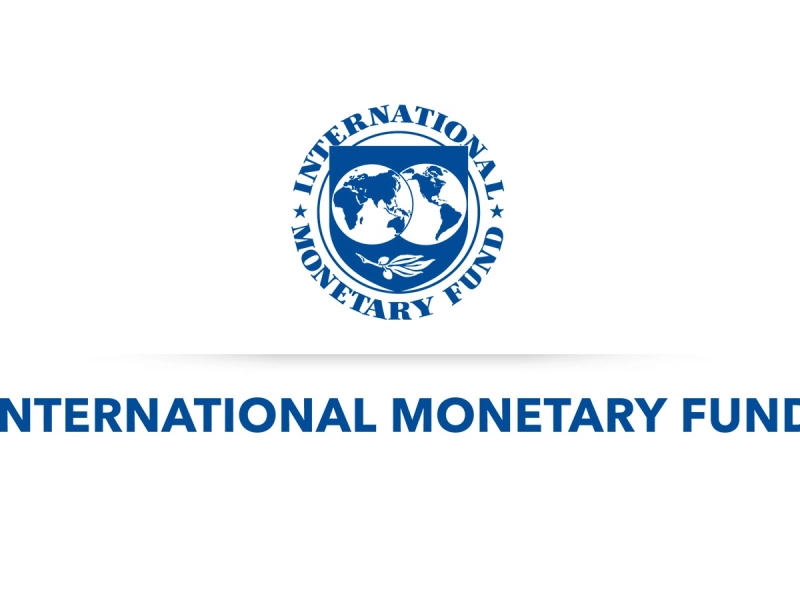IMF begins development of global CBDC infrastructure
IMF begins development of global central bank digital currency settlement (CBDC) infrastructure
International Monetary Fund creates a new class of platforms for cross-border and domestic central bank digital currency payments
The International Monetary Fund (IMF) has begun developing infrastructure for international central bank digital currency settlements (CBDC). The fund said in a report released on June 19 that the new class of platforms is designed to ensure interoperability, efficiency, and security of cross-border payments.
"Today's new technologies enable the public sector to update cross-border payments infrastructure, and possibly domestic payments as well. <...> It's about technology, but it's also about governance that sets the 'rules of the game,' said Tobias Adrian, head of the IMF's Monetary System Department and one of the authors of the report, speaking at an IMF roundtable in Morocco before the paper was published.
Cross-border payments are more complicated than domestic payments because they involve exchanges of value between parties located in different jurisdictions and subject to different laws, Adrian said. Limited infrastructure makes international settlements expensive, slow, and non-transparent, he said, and the management of the existing system is "sporadic," resulting in significant legal and operational costs.
According to the report, the IMF is working on a new class of platforms to make remittances between countries faster, easier, and cheaper. Experts are developing two types of platforms: for international settlements in CBDC and for domestic ones.
Cross-border settlements in tokens representing the reserves of member countries' central banks will be provided by platforms called XC, according to the IMF report. They "create representations" of existing assets - reserves held by central banks, the authors explain.
Another solution, CBDC platforms, is being developed to facilitate domestic payments in digital national currencies, both wholesale and retail. The author of the report emphasizes that such platforms will be supported by a strong regulatory framework.
Recall that in Russia, the digital national currency platform was put into commercial operation in May this year, and it is ready to work. Pilot testing of real operations on it will begin after the adoption of relevant laws.
- BlackRock will launch a bitcoin ETF. How it will affect the cryptocurrency price
- Crypto-detective raised $1 million from subscribers in 2 days for legal expenses
- Risk appetite has grown. What will happen to Bitcoin in the coming week
- French prosecutor's office announced an investigation into money laundering on Binance
- Binance Coins. How support for the largest cryptocurrency exchange affects the market
- "Goose" from 3AC's NFT collection was sold at a Sotheby's auction for $6.2 million
- FT: Crypto.com hid its own trades on the exchange






